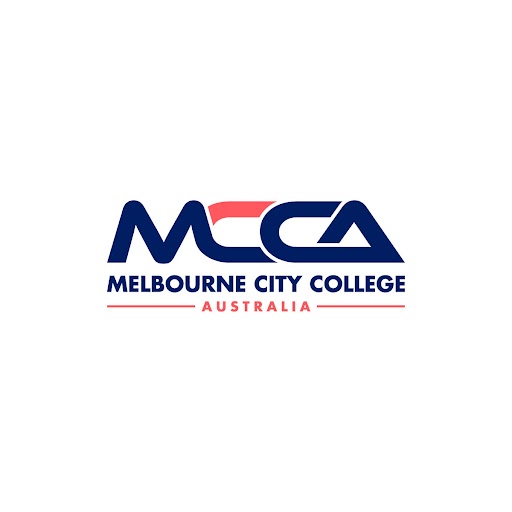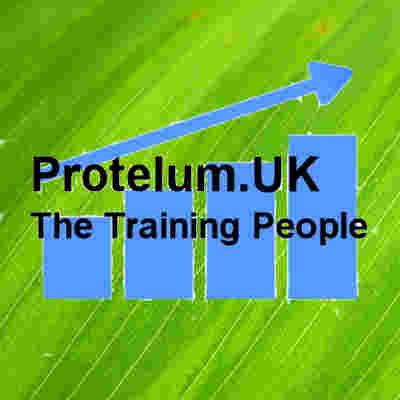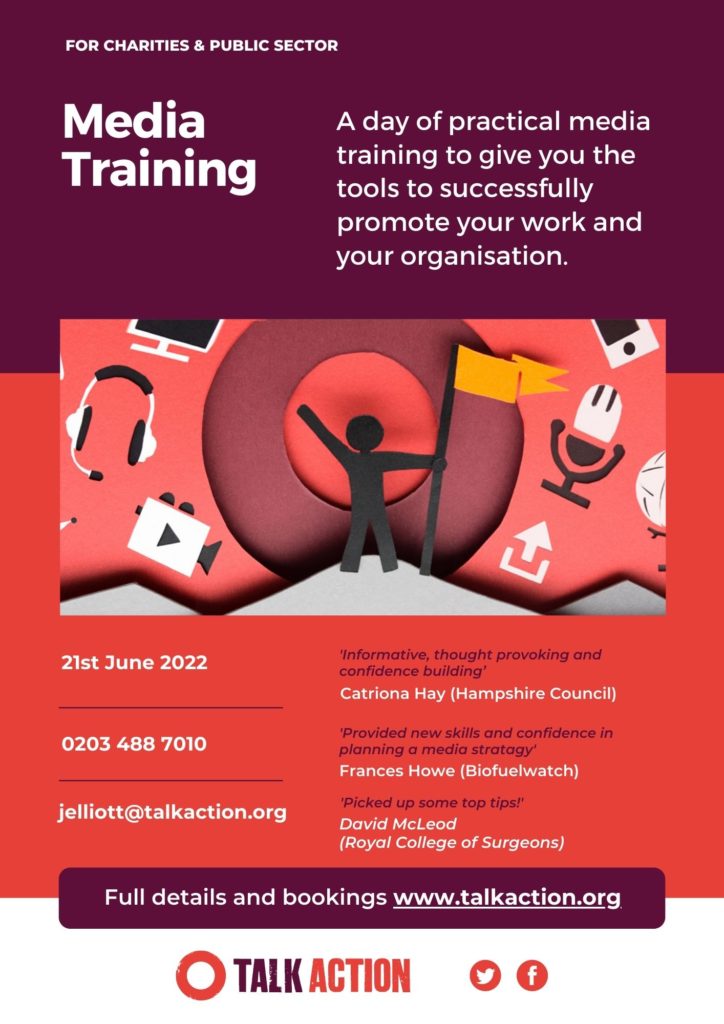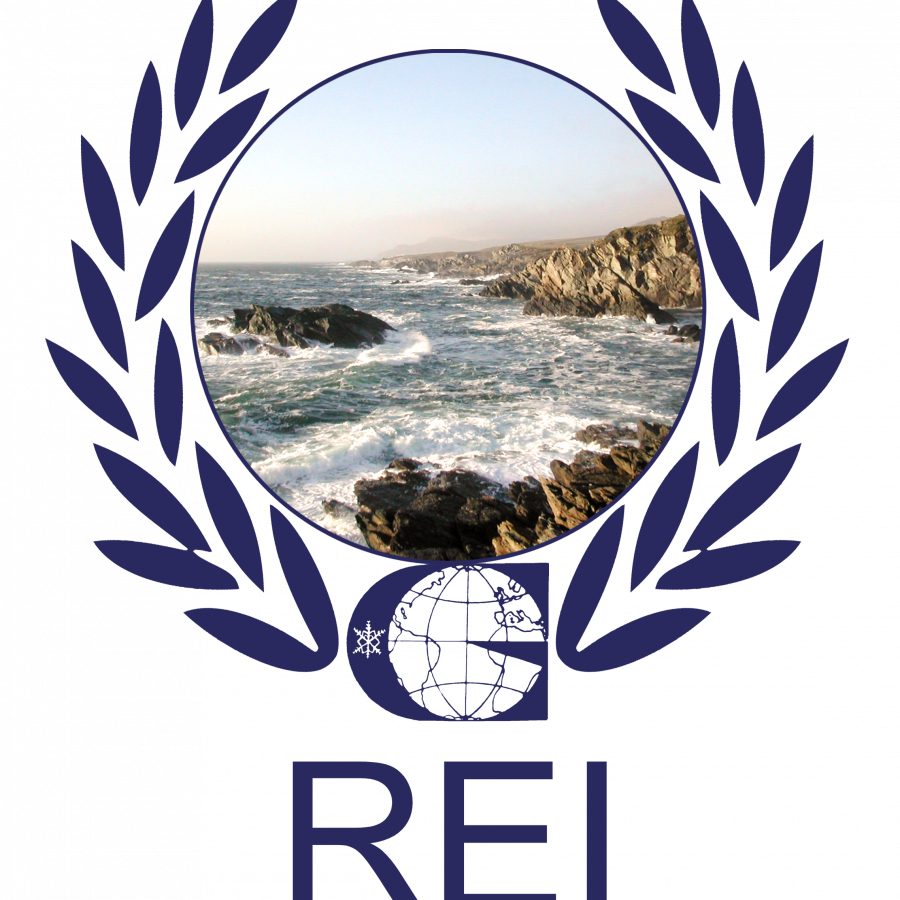The Neuro-Linguistic Programming (NLP) – Level 3 Diploma Course is designed to give students an insight into a range of NLP techniques. Neuro-Linguistic Programming (NLP) is a technique of understanding how individuals achieve success.
This practice is used in a wide range of sectors such as sport, education, therapy and management, and is essentially using brain behaviour/language to influence the way the brain responds to stimuli of the mind to establish new or better behaviours and help to consistently achieve specific and desired results.
Theoretical information is given throughout the NLP course, followed by exercises enabling the student to practice and strengthen their NLP skills.
On successful completion of this course, students will receive an accredited Level 3 Certificate Award.
The course includes the following units:
Unit 1 – Introduction
By the end of this section, you will know and understand: An introduction to NLP.
Unit 2 – History of NLP
By the end of this section you will know and understand: Who the founders of modern-day NLP were; Where and how NLP originated; and The main therapists originally modelled using NLP.
Unit 3 – Your Role as an NLPer, Including Stages of Change
By the end of this section you will know and understand: Your role as an NLPer; The stages of Change an individual goes through when experiencing change; and How each stage impacts on the client.
Unit 4 – The Four Pillars of Wisdom
By the end of this section you will know and understand: The four pillars of wisdom; and How each pillar can aid in a successful interaction between a client and therapist.
Unit 5 – The Presuppositions
By the end of this section you will be known and understand: The presuppositions of NLP; and How presuppositions each of the presuppositions affect our behaviour.
Unit 6 – Rapport
By the end of this section you will know and understand: The value of rapport; The various internal filters that define a person map of the world; and How our internal filters shape our own and clients map of the world.
Unit 7 – Perception of Your World is Your Reality
By the end of this section you will know and understand: How changing ones perception can aid in facilitating change; and How to open up your own map of the world to incorporate that of the client.
Unit 8: Communicating with NLP
By the end of this section, you will know and understand: Representational systems; What sensory based predicates are How to increase rapport using representational systems.
Unit 9: Eye Accessing Cues
By the end of this section you will know and understand: What eye accessing cues are; Using eye accessing cues to elicit a client’s strategy; and Using eye accessing cues to assess congruency.
Unit 10: Preferred Representational Systems
By the end of this section you will know and understand: How to recognise the lead representational systems used by your clients.
Unit 11: Mirroring and Matching
By the end of this section you will know and understand: What mirroring and matching is; and Effective ways to mirror and match your clients to build rapport.
Unit 12: Submodalities
By the end of this section you will know and understand: What is meant by the term sub-modality; and How to use sub-modalities to facilitate change in a client.
Unit 13: The Meta Model
By the end of this section you will know and understand: Origins of the Meta Model; The 12 Meta Model patterns; and How to use the Meta Model to expand a clients map of the world to facilitate change.
Unit 14: Getting to Know You and Others
By the end of this section you will know and understand: The need to understand, not just your clients, but yourself as well.
Unit 15: Meta Programmes
By the end of this section you will know and understand: What Meta Programs are; How to assess what Meta Programs your client is using and How to use Meta Programs to increase rapport.
Unit 16: Personalities
By the end of this section you will know and understand: How our personality develops; and The different personality traits that can be exhibited by clients.
Unit 17: What do People Value
By the end of this section, you will know: How our values affect our motivation; and How our personality links with our values.
Unit 18: Developing Your Life’s Purpose
By the end of this section you will know and understand: How having a life’s purpose can motivate us to overcome difficulties; and How having a life’s purpose can aid in recovery.
Unit 19: Logical Levels and Identifying Change
By the end of this section you will know and understand: How logical levels impact change.
Unit 20: Setting POWERful Goals
By the end of this section you will know and understand: The benefits of setting POWERful goals; and How to set POWERful goals for yourself and your clients.
Unit 21: NLP Toolbox Introduction
A series of activities based upon: Fast Mental Reprogramming; Swish Pattern; Changing Personal History; Anchoring; Visualisation; The Meta Model; Fast Phobia Cure; Metaphors; Circle of Excellence; and Pain Management.
To find out more about Neuro-linguistic Programming (Nlp) Course visit course provider website.



















Leave a Comment